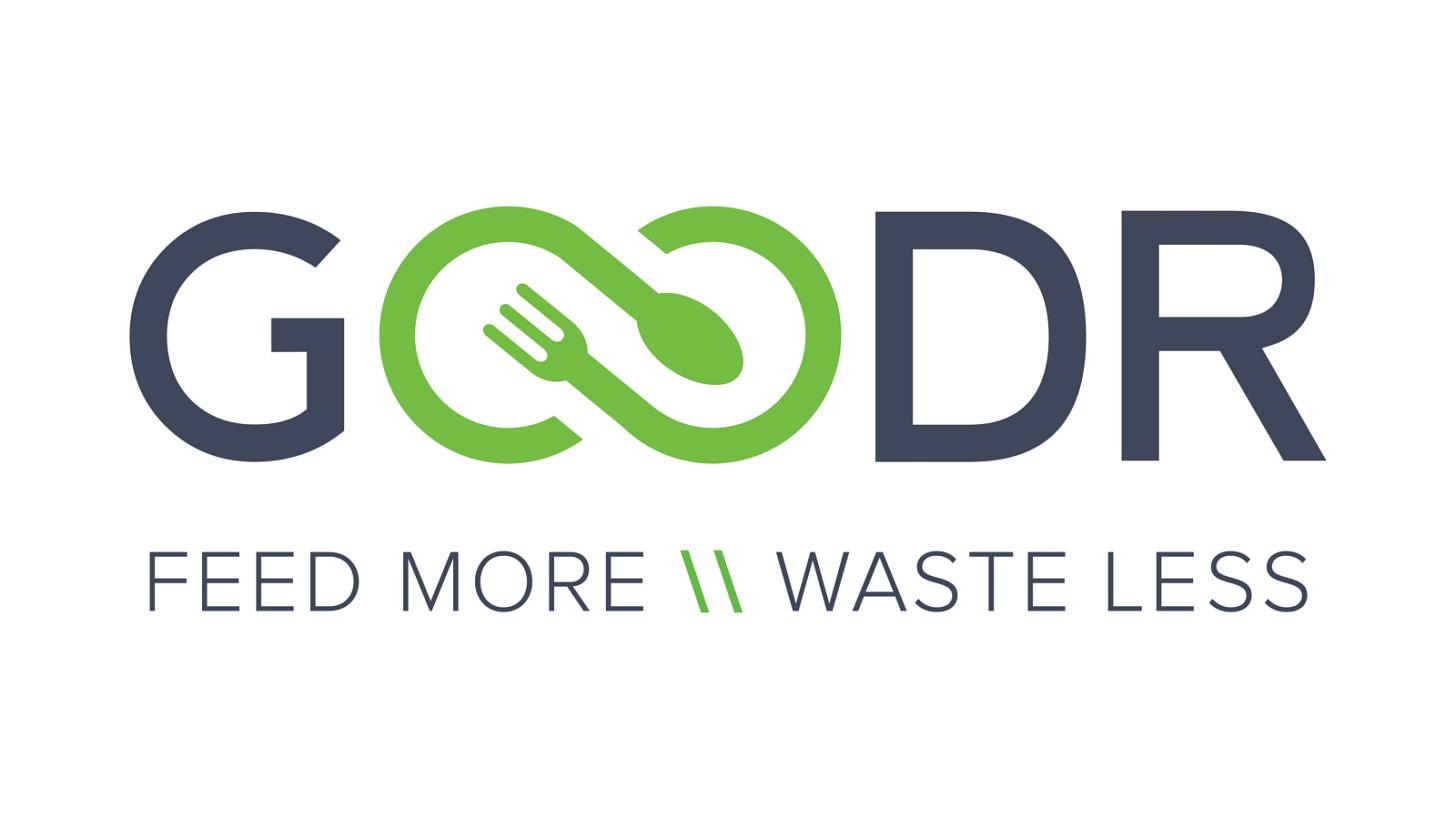Company: Goodr offers sustainable food waste management software designed to reduce food waste and eliminate hunger. The company's software offers insights into food waste patterns, real-time donation, tax deduction information, and community impact reports, enabling businesses to get a rescue driver to pick up surplus food and deliver the same food to other people and thus foster social change.
HQ Location & Year Founded: Atlanta, 2017
Founder: Jasmine Crowe, is a social impact entrepreneur and volunteer who is skilled in Community Relations, Event Management, Fundraising, and Leadership. Prior to founding Goodr, Jasmine was Founder and Editor of BlackCelebrityGiving.com, which was created as a media platform for celebrity philanthropists and community organizations alike. The site showcases goodwill and positive doings in the black communities around the world. Jasmine holds a degree in Mass Communication and Writing from North Carolina Central University.
Funds Raised and VC Investors: $2 million from Backstage Capital, Capital One Ventures, Elemental Excelerator, Emerson Collective, Google for Startups, Halogen Ventures, K50 Ventures, Kairos, Oakstone Venture Partners, Precursor Ventures, R/GA Ventures, Right Side Capital Management, SAP, Tech Square Ventures, Techstars, Trail Mix Ventures (TMV), Unicorn Venture Partners, Unreasonable Group, Village Capital, et al.
1. Where did the idea for Goodr originate?
Prior to starting Goodr, I was working with people facing homelessness. I started a pop-up restaurant that offered people who are homeless a real dining experience. We made a YouTube video that went viral that allowed people to see what we were doing. I was cooking myself and started researching food donation, which led me to the problem of food waste. I couldn’t understand how so much food waste was being created while at the same time people were going hungry.
2. What is the key problem that Goodr intends to solve?
We use technology to help solve the two problems of food waste and hunger. Our platform allows restaurants and markets to request real-time pickups of surplus food and donate it to nonprofit organizations within a 5-10 minute radius.
3. How are you most differentiated as a service?
Our technology includes a mobile app and portal that allows businesses to track food donations, look at tax savings, and see how much landfill space they are helping to save. We measure the sustainable impact of the food donations of businesses.
Goodr is a disruptor. We are about being end to end, making things move a lot faster. We are a service and do not operate like a non-profit, which is a big differentiator and is disrupting food waste.
4. What are the company’s key accomplishments to date?
We have saved 7 million pounds of food and provided 30 million meals so far to those in need. This has also resulted in significant reductions in carbon emissions.
I must also say that we have had to work hard to raise venture capital to fund this business. There are not a lot of Black women founders who have raised VC and this is also a non-traditional space for VC. There are not a lot of comps. Waste businesses are more commonly financed by private equity. Nevertheless, we have proven that we have a highly scalable model that generates several million dollars of revenue with fees paid to us for software and logistics by food donating entities.
5. What lies ahead in the product plans for Goodr?
Our product roadmap is extensive. We are going to do more to measure food quality, optimize transit, and develop further API integrations for logistics partners. We are growing our non-profit network while giving them more tools. Our automation is becoming increasingly smooth and easy. It takes just a minute for a business to upload their menu, but we want to make this even faster.
Our headquarters are in Atlanta, however our technology and logistics network can be utilized nationwide. We currently operate in 19 markets. The top four are Atlanta, Denver, Dallas, and DC. We also cover Philadelphia, New Jersey, LA, San Francisco, Seattle, New Orleans, Miami, and other cities.
6. What are the long-term strategic growth objectives?
We would love to be in every city in every market nationwide, wherever hunger and food waste exist, which is pretty much everywhere.
Ron’s Take
It is well known paradox that food waste and hunger are both deep-rooted acute problems in developed and developing countries alike. This is fundamentally a cost and logistics problem. Better matching supply with demand through innovation is what Goodr has set out to accomplish and is already doing at scale. By combining efficient software with a two-sided network of non-profit recipients and food and meal providers who are conscious enough to pay for the cost of surplus food donation, we will be moving in the direction of solving both problems. A sustainable food chain will not happen by accident. Socially responsible leaders like Jasmine Crowe will be a powerful voice for spearheading such long overdue change.





This is such a good idea. Eliminating food waste is also a great way to reduce methane emissions from landfills.